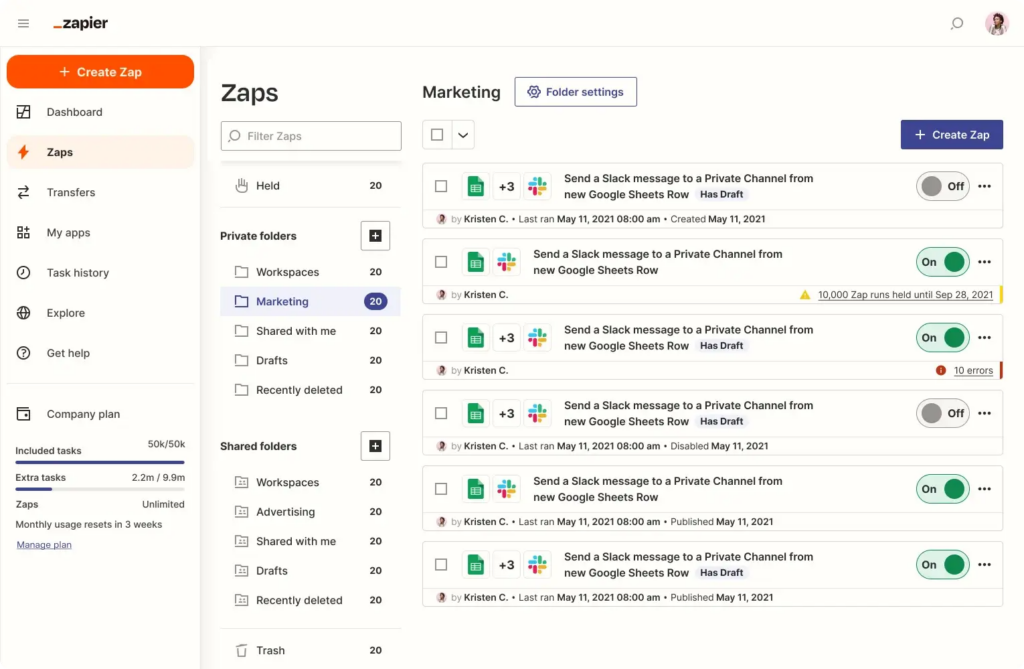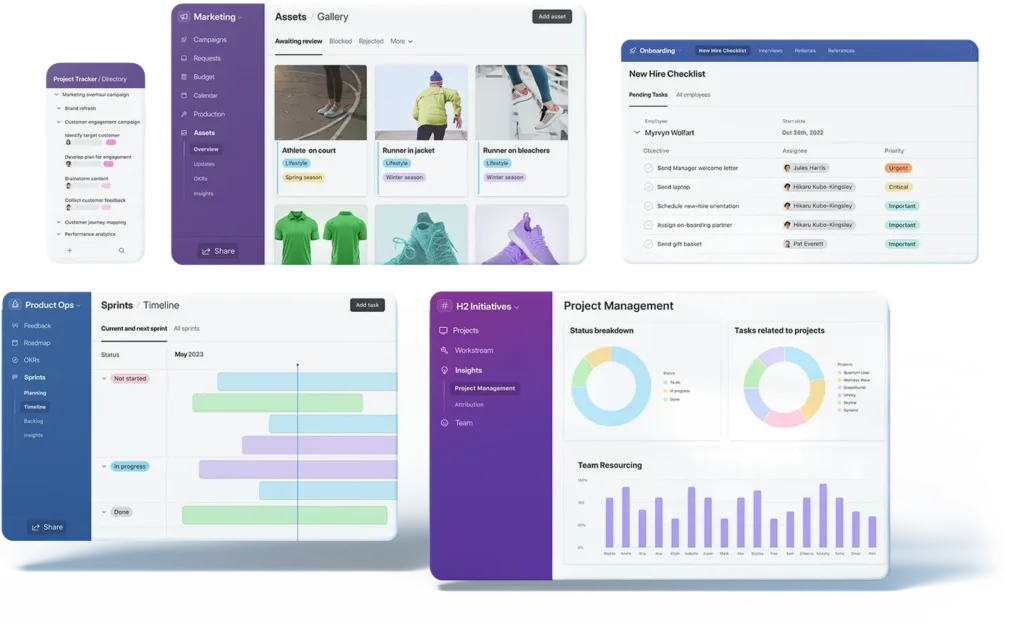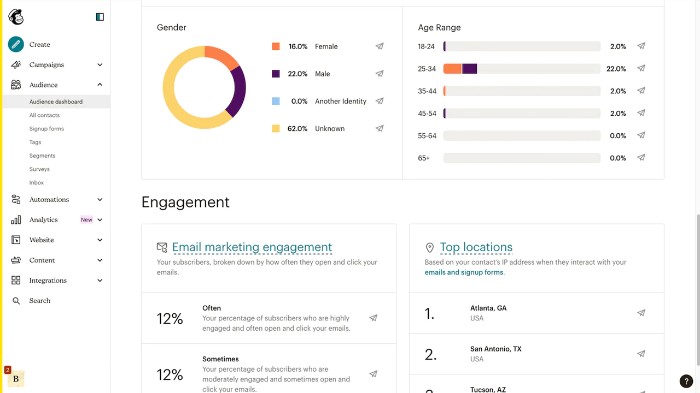The No-Code/Low-Code Bootcamp is a comprehensive, hands-on bootcamp designed to empower individuals with the skills to automate tasks, manage projects, create databases, handle finances, and run email marketing campaigns without writing a single line of code.
This bootcamp is ideal for professionals, entrepreneurs, and students who want to enhance their productivity and streamline their workflows using powerful no-code and low-code tools.
Over the course of multiple sessions, participants will learn platforms like Zapier, Notion, Airtable, Zoho Books, and MailChimp to build efficient, scalable solutions for real-world applications.
Fee
-
5 weeks
Tools you will learn
1.

Curriculum
- Overview of automation and workflows
- Setting up a Zapier account
- Understanding Zaps: Triggers and Actions
Creating simple Zaps
Commonly used integrations (e.g., Google Sheets, Gmail)
Testing and troubleshooting Zaps
Multi-step Zaps
Using filters and conditionals to refine Zap functionality
Integration with more complex systems (e.g., CRMs)
Implementation of Delays and scheduling in Zaps
Testing, debugging, and troubleshooting Zaps
Student projects — Creating useful Zaps for real-world scenarios
Managing and organizing Zaps in folders
Collaborating with team members on shared Zaps
Zapier's built-in tools (Webhooks, Formatter)

2.

Curriculum
- Course Overview and Notion’s features for Project Management
- Set Up Workspace (Notion account creation and basic workspace setup + understanding pages, blocks, and databases in Notion)
- Create First Project Dashboard
- Structure Projects and Tasks (Creating a project database: tasks, deadlines, and deliverables + Linking tasks to projects and setting up relationships.)
- Customize Project Databases (Adding properties to databases: tags, dates, checkboxes, etc. + Using formulas, rollups, and relations for advanced tracking)
- Create Custom Views (Intro to different views: table, board, calendar, and list + customize views to display project data effectively.)
- Notion’s template gallery (Creating and using custom templates for repetitive tasks)
- Managing Multiple Projects (Setting up a master project database + creating filtered views for individual projects and team members)
- Team Collaborations (Inviting team members and setting permissions + Real-time collaboration features: comments, mentions, and updates)
- Client Management Basics (Setting up a client database + Linking clients to projects and tasks)
- Creating Client Dashboards
- Communication and File Management
- Automating Workflows (How to Set up automated workflows for repetitive tasks.)
- Reporting and Analytics (Notion’s built-in analytics and reporting features + Creating custom dashboards for project tracking)
- Tips and tricks for efficient project management
- Review project workflows and make improvements.

3.

Curriculum
- Overview of Airtable
- Setting up an Airtable account
- Basic concepts: Tables, records, fields, views
- Working with Fields (primary fields, Text-based fields, Single select and multiple select fields, Date and time fields, Attachment fields, Checkbox and rating fields, Number-based fields, Formula fields)
- Working with Records (Creating, editing, deleting, and expanding records, Importing records, Sorting, grouping, and coloring records, Finding and filtering records)
- Working with views (Creating and customizing views, Calendar view, Kanban and gallery views, Form view)
- Building Databases (Creating and customizing tables, Linking tables and using lookups, Using Airtable templates)
- Automations and integrations
- Using Airtable blocks
- Collaboration and sharing
- Creating a project management system
- Student projects: Building custom databases
- Best practices for data organization

4.

Curriculum
- Overview of Zoho Books (Benefits of using Zoho Books for accounting and finance management)
- Setting up a Zoho Books account (Set up your company information and other settings in Zoho Books)
- Set up your chart of accounts to match your business needs
- Basic concepts: Invoices, expenses, and contacts
- Creating and managing sales & purchase invoices
- Record financial transactions in Zoho Books using vouchers
- Recording and categorizing expenses
- Managing contacts and vendors
- Set up and manage GST (configure GST settings, record GST transactions, generate e-way bills, file GST returns directly from Zoho Books)
- Financial reporting and analysis
- Integrations with other Zoho and third-party tools
- Setting up a complete financial system for a business
- Student projects: Simulating real-world financial scenarios
- Best practices for financial management

5.

Curriculum
- Overview of Mailchimp
- Setting Up a Mailchimp Account
- Understanding Audiences
- Creating and Managing Audiences
- Segmenting Audiences
- Creating Segments
- Creating and Managing Tags
- Groups and Tags in depth (differences between groups and tags + best practices for using groups and tags together.
- Designing Email Templates (it should also include customizing templates for different campaigns)
- Creating Email Campaigns (types of email campaigns (regular, A/B test, RSS) + Setting up a new email campaign.)
- Personalizing Campaigns (using merge tags for personalization + dynamic content blocks based on audience data)
- Sending and Scheduling Campaigns
- Introduction to Customer Journeys (understanding Mailchimp’s customer journeys + benefits of automated email marketing)
- Creating Customer Journeys (setting up automated workflows + common workflows (welcome series, abandoned cart, post-purchase follow-ups) )
- Analyzing Campaign Performance (Mailchimp reports and analytics + Key metrics to track (open rates, click-through rates, conversion rates))
- Optimizing Email Campaigns (A/B testing for optimization + Best practices for improving email performance)

